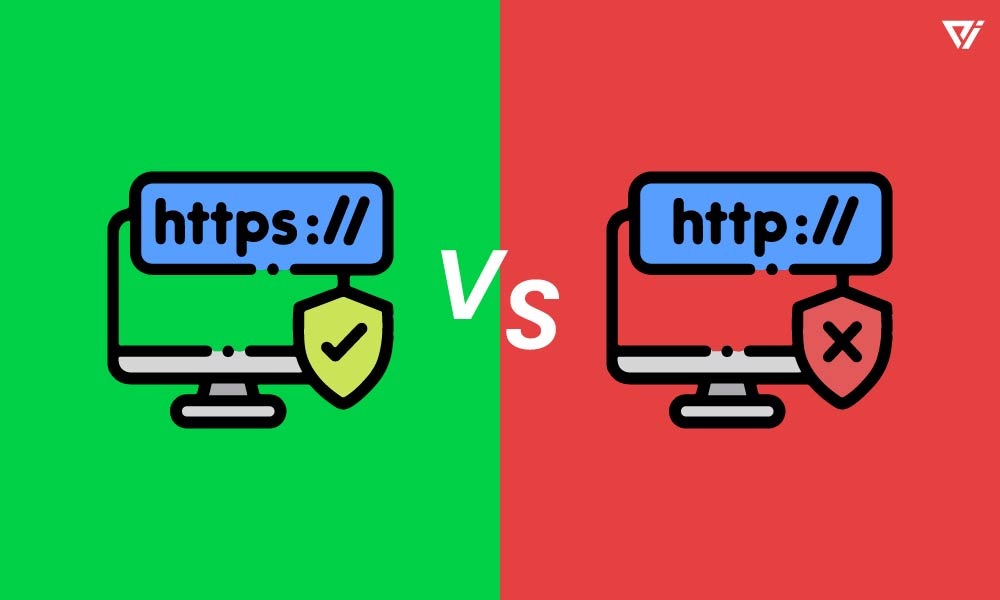
You’ve probably noticed that some web URLs begin with HTTP and others with HTTPS while you’re surfing the web. This one additional letter has a greater significance than it appears since it is utilized to differentiate between two communication protocols.
What’s HTTP?

First of all, we must define HTTP. HyperText Transfer Protocol is the acronym for the protocol. Without getting into a technical explanation, this is the most prevalent means of transferring information online, and it is utilized by our browser to interact with the server that hosts the content we’re viewing.
HTTP is a stateless protocol because it does not store information and treats each information request as a separate transaction, without taking preceding requests into consideration.
For example, HTTP does not take into consideration something as crucial as cookies, which may be found on almost every page and are used to recognize the browser’s prior behavior.
Despite the fact that there have been several versions of the HTTP protocol, http/1.1 has remained the most widely used since June 1999. Since then, the World Wide Web has evolved significantly.
Financial transactions, for example, are now the norm, which means that the HTTP communication protocol, which was secure twenty years ago, no longer provides enough protection for information communicated over the internet.
What’s HTTPS?

HTTPS was created in response to the demand for increased security in the flow of information (HyperText Transfer Protocol Secure). Because HTTPS is the secure form of HTTP, the final ‘S’ explains it all.
This novel communication protocol combines the HHTP and SSL/TS protocols to improve the security of data transfer between the client and the end-user.
To do this, the protocol employs an encrypted connection, rendering the data virtually indecipherable to a third party.
Difference between HTTP and HTTPS
Https was designed for online banking and commerce at first, but it is rapidly becoming a standard protocol for the internet.
Why is HTTPS becoming more popular? Essentially, although information on a website that uses HTTP may easily be intercepted by a user with malicious intent, this is far more difficult with an HTTPS website.
Almost every website today has a contact form where consumers may enter their personal information. An HTTPS website is beneficial only for this reason. Another advantage is that browsers appreciate the security and will tell you if the website you’re viewing isn’t secure.
As a result, if you have an HTTP site, you will gradually lose users or those who feel comfortable viewing it.


